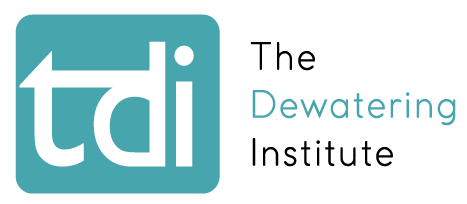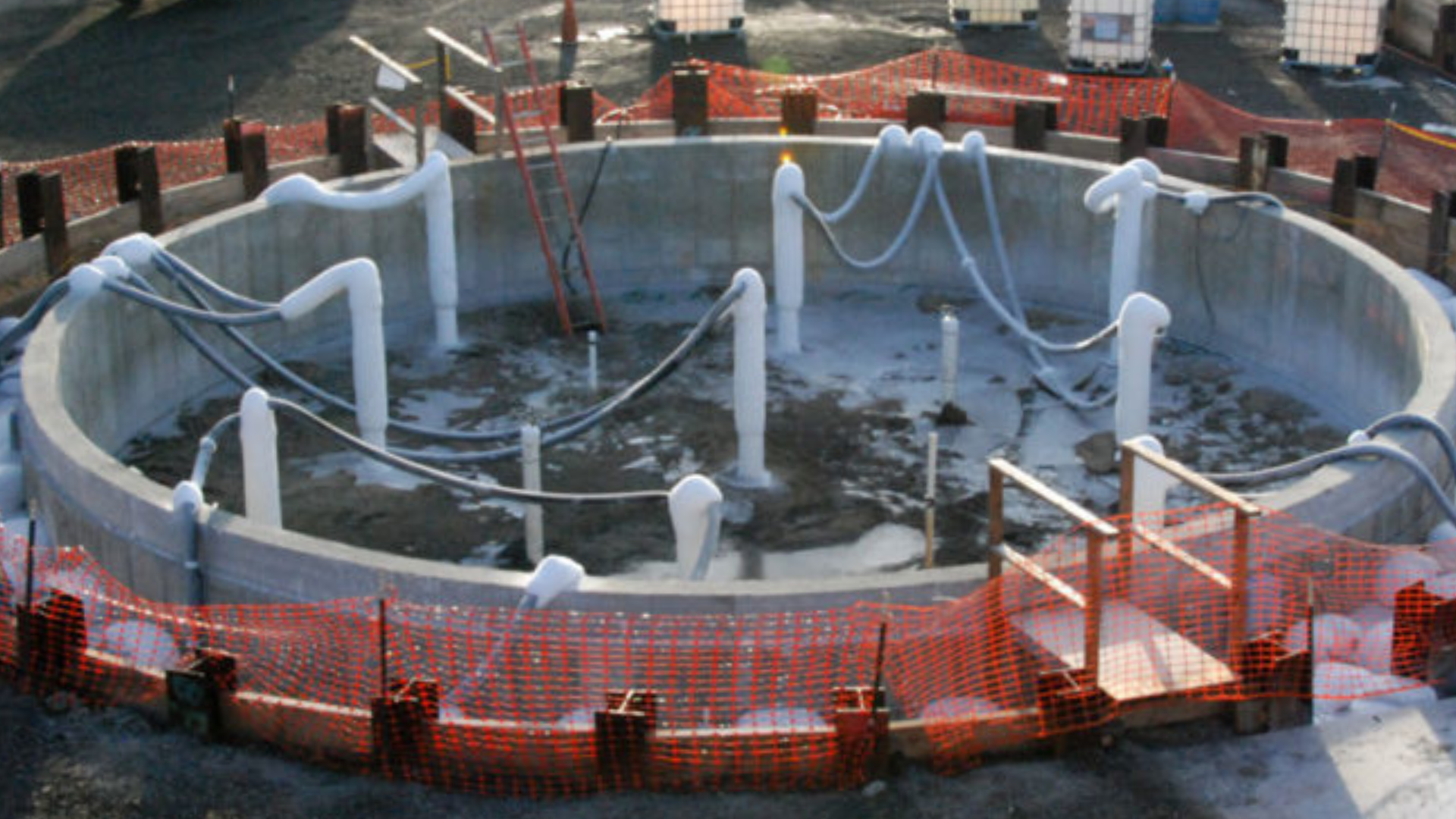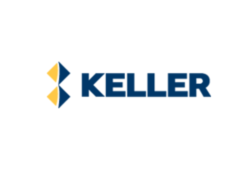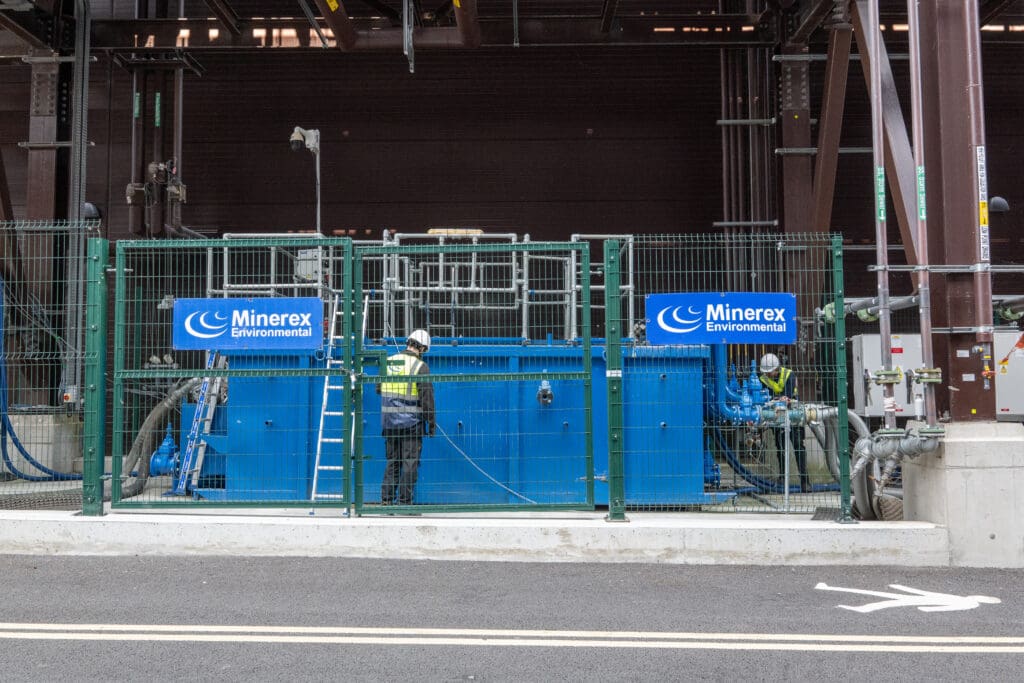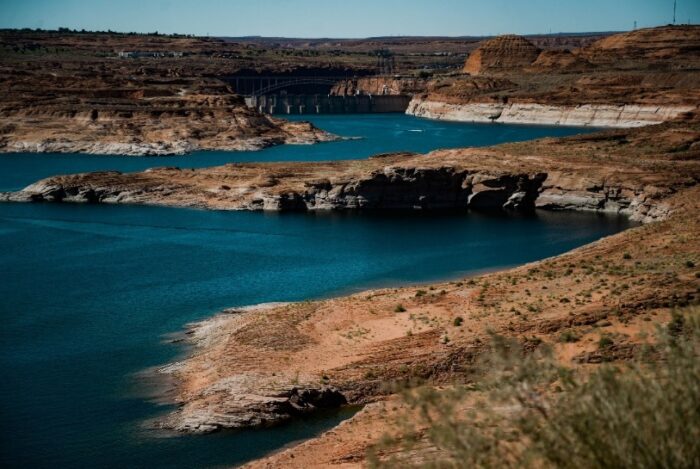As part of The Dewatering Institute‘s commitment towards knowledge sharing, TDI is developing a series of monthly interviews of industry leaders, and professionals from different parts of the world. One of the month’s editions features Joseph Sopko who will also be presenting the Keller webinar series on the 27th of September’23.
Topic: The Importance of Artificial Ground Freezing (AGF) for Shaft Sinking and Tunneling.
Can you tell us more about your work history and how you got into the Ground Freezing industry?
I’ve been involved in ground freezing for over 40 years. It all started in graduate school when I took a course in frozen ground engineering. While the class focused mainly on cold regions, there was a section on artificial ground freezing. I found that pretty interesting, and then a few months later the GeoFreeze company approached me and wanted to sponsor a student.
My research turned in that direction that was followed by practical experience on the Milwaukee Deep Tunnel Project, I’ve never really thought of doing anything else.
In your opinion, what has been the biggest development in the industry through the years?
There is no doubt it was the screw compressor on freeze plants. Prior to those, we used the old reciprocating compressors that was very high maintenance and never got quite as cold as the screws.
What are the biggest challenges that you’ve seen in the industry over the past few years, and what do you see as potential challenges in the future?
The biggest challenge is maintaining the person-to-person contact, Covid has changed a lot. There is too much reliance on Teams or Zoom calls instead of fact to face meetings and emails have replaced phone calls. We need to spend more times on the job sites, with our colleagues and training our crews personally, not with training videos.
How do you see technology playing part in the industry in the future?
Instrumentation and data acquisition will continue to grow. We will have huge data bases that will bring data science into just about everything we do. In-situ testing will provide better material parameters.
What would you recommend to the new generations coming into this industry and why?
Get out of the office and away from your computers a few days a week. Put down your phones and go and have an after-work drink with your co-workers. Read and tune into webinars. There are a lot more learning materials available now than there were 40 years ago. I had a professor once that gave all of the graduates a career tip on our last day of classes before graduations, “Show up to work before you boss does, and don’t leave until after he(she) does”. A good tip.
What aspects of the industry do you think need improving?
Get back to work!!! Working from home was a Covid adaptation. The industry needs to return to the offices and job sites.
Why do you think The Dewatering Institute is important for the industry and how it can help the industry develop?
TDI provides incredible learning materials. The webinars series and new magazine not only give people like me an opportunity to share our technology, but provide a great source of learning for members at all stages of their careers. Same with the TDI awards it gives a unique opportunity to recognize people and projects in their specific fields.
What is your life motto?
“Live ‘n the Dream!!”
